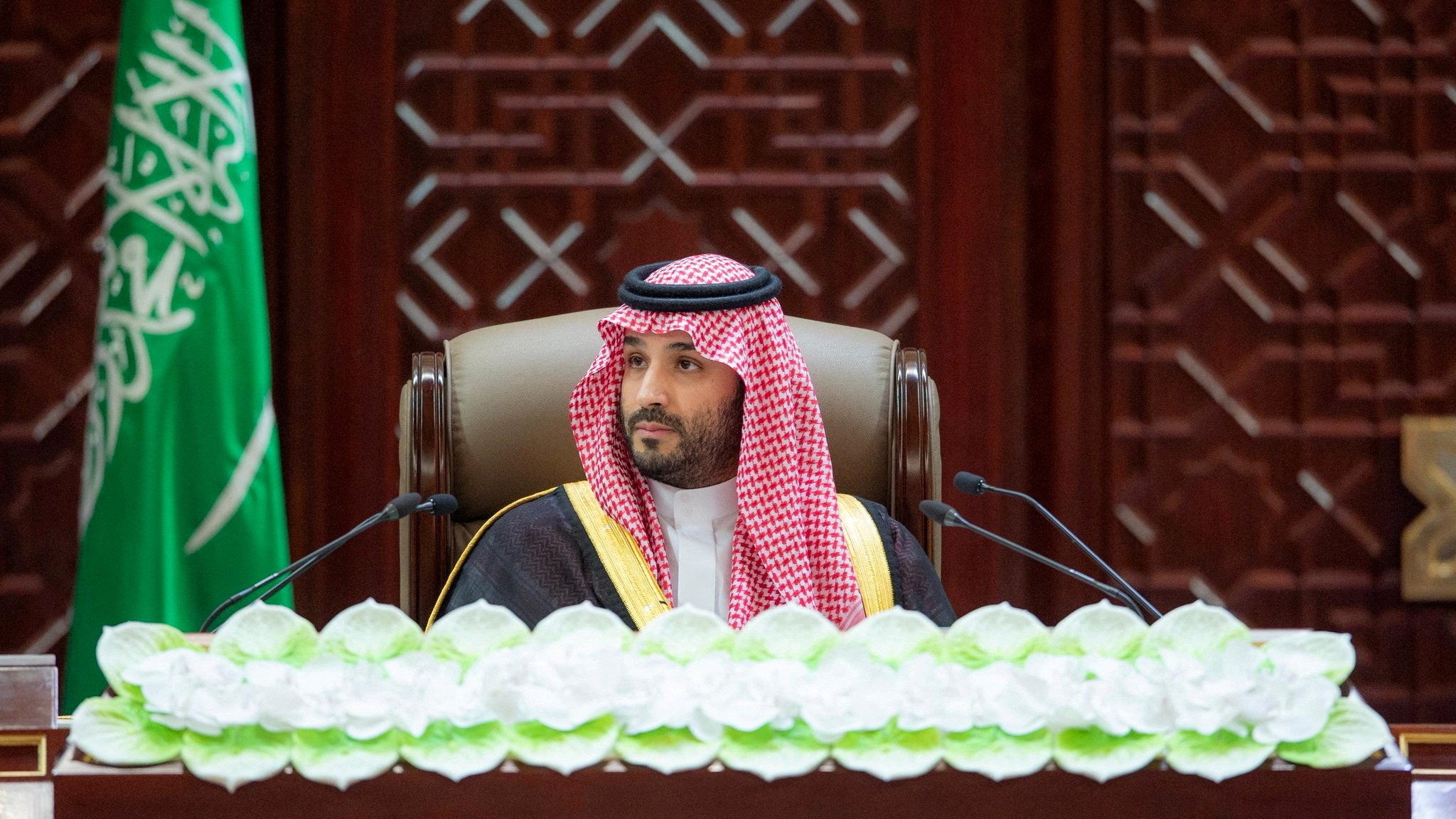In 2024, Saudi Arabia has executed 213 individuals, setting a record for the highest annual death toll since records began. This alarming trend has drawn criticism from human rights groups like Reprieve, which highlights the kingdom’s failure to improve its human rights record. According to the London-based human rights organization Reprieve, the previous record for executions was 196 in 2022, followed by 184 in 2019.
Harriet McCulloch, Reprieve’s deputy director, noted that as global attention focuses on crises elsewhere in the Middle East, Saudi Arabia is intensifying its use of the death penalty. McCulloch stated that, “As the world’s attention fixates on horror elsewhere in the Middle East, Saudi Arabia is clearing death row with a bloodbath.” As reported the Middle East Eye.
The rapid increase in executions reflects a troubling trend
As per the Middle East Eye report, McCulloch states that the Kingdom smashed its own grim record for most people executed in a year in the first nine months of 2024. She added that “With 213 executions and counting, death row prisoners are at greater risk than ever before, their families desperately awaiting news of their fate in the news.”
Link:
Saudi Arabia is in the midst of an execution crisis.
At least 213 people have been executed in 2024 so far.
This makes 2024 a record-breaking execution year for the Kingdom.
🧵4/5
— Reprieve (@Reprieve) October 9, 2024
The rise in executions is occurring under the leadership of Crown Prince Mohammed bin Salman, who has held the titles of Prime Minister and de facto leader of the kingdom. Despite his 2018 vow to reduce capital punishment, the kingdom remains one of the most prolific executioners globally. Since Mohammed bin Salman assumed power on June 21, 2017, at least 1,115 executions have been documented.
A joint report released in 2023 by the European Saudi Organisation for Human Rights (ESOHR) and Reprieve found that the execution rate in Saudi Arabia has nearly doubled since King Salman and his son took the reins in 2015. Between 2015 and 2022, the number of executions surged by 82%.
Reprieve has also accused Saudi Arabia of misleading the UN about its use of the death penalty. During a recent meeting with the Committee on the Elimination of Discrimination against Women, Saudi officials claimed that the death penalty is only applied in the most serious cases and that laws protect minors from capital punishment. This statement contradicts the kingdom’s history of executing individuals for crimes allegedly committed as minors.
For example, three clients of Reprieve and ESOHR—Abdullah al-Derazi, Youssef al-Manasif, and Abdullah al-Howaiti—were convicted based on confessions obtained under torture for crimes committed before they turned 18. The Saudi Human Rights Commission also inaccurately reported that Mustafa al-Darwish, sentenced to death for protest-related offenses, was over 19 at the time of his alleged crimes. However, evidence provided by Reprieve and ESOHR proved he was under 18. Darwish was executed on June 15, 2021, despite the evidence.
Saudi Arabia fails to win seat at top UN Human Rights Body
On October 9, 2024, Saudi Arabia has failed to win a seat on the United Nations Human Rights Council (HRC) after a vote for membership in the 2025-27 term. This is the second time in a row for the Persian Gulf kingdom to lose the elections.
According to the Middle East Eye, HRC voted on October 9, 2024 to elect 18 new members from 19 candidates running on five separate regional slates. The Asia-Pacific slate had six candidates competing for five seats. Saudi Arabia came in sixth with 117 votes, behind the Marshall Islands (124), the Republic of Korea (161), Cyprus (167), Qatar (167) and Thailand (177).
In Wednesday’s election, it received 117 votes, the least among six Asia-Pacific countries competing for five seats on a regional slate. Saudi Arabia was one of 19 candidates who were in the race of membership for HRC body. McCulloch was also urged UN member states to reject Saudi Arabia’s bid, stating, “Today, UN member states should vote no—no to Saudi Arabia securing a seat on the council, and no to rising executions carried out with impunity.”
However, earlier Human rights activists strongly urged that Saudi Arabia’s push for a seat on the HRC contradicts the council’s mission. Members are expected to uphold high standards of human rights and fully cooperate with the council. UN Watch, a group that monitors the UN’s adherence to its own principles, has called for changes to the HRC’s election process, which currently allows countries with poor human rights records to become members.
Rights groups have welcomed the news, stating that it underscores Riyadh’s failure to make meaningful progress in improving its human rights record.
Crackdown on Dissent and Notable Cases
Saudi Arabia’s use of the death penalty extends beyond ordinary crimes to encompass political repression. In 2017, Crown Prince Mohammed bin Salman arrested around 70 members of the political elite, including members of the royal family, as part of his strategy to consolidate power. High-profile incidents, such as the 2018 assassination of journalist Jamal Khashoggi, have sparked worldwide outrage. While Prince Mohammed has denied any personal involvement in Khashoggi’s murder, a U.S. investigation has implicated him in the assassination.
Related:
Saudi Funding of Intolerance: The Other Face of the Indian Sufi’s Angst
